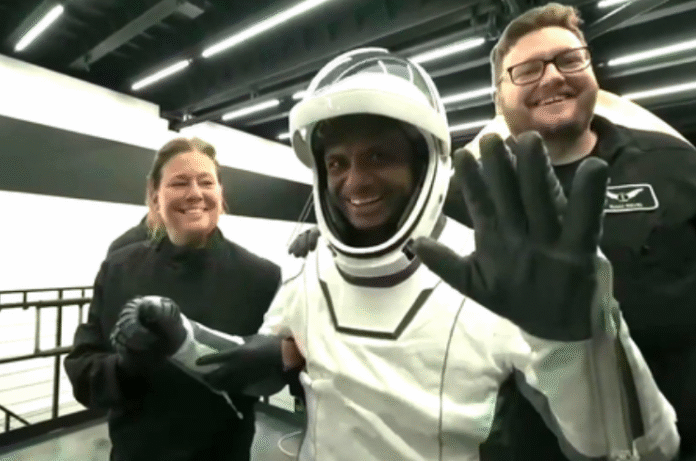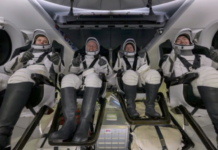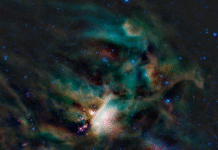NEW DELHI– After more than four decades since Rakesh Sharma made history in 1984, India has once again sent an astronaut into space — Shubhanshu Shukla.
Shukla has become the first Indian to travel to the International Space Station (ISS), emerging as a rising star and cementing India’s place in the global space community.
The 20-day mission, launched on June 26, was led by U.S.-based Axiom Space in partnership with NASA, SpaceX, and international space agencies including ISRO. Shukla returned to Earth on Tuesday aboard SpaceX’s Dragon spacecraft, “Grace,” alongside fellow astronauts from the United States, Poland, and Hungary.
Born in Lucknow, Shukla was selected for ISRO’s astronaut training program in 2019, following Prime Minister Narendra Modi’s 2018 Independence Day announcement that an Indian would soon travel to space.
In January 2025, the 39-year-old Indian Air Force officer was chosen as the pilot for the Ax-4 mission — a collaborative effort between NASA and ISRO. He also holds the distinction of being the youngest astronaut-designate under India’s Gaganyaan human spaceflight program.
Speaking to IANS in March, Shukla expressed hope that his journey would “inspire this entire generation to pursue careers in space,” noting that he himself had been “extremely inspired and motivated” by Rakesh Sharma.
As pilot of the Ax-4 mission, Shukla worked alongside U.S. astronaut Commander Peggy Whitson. “During the transit journey, I acted as the mission pilot, working with the commander to manage systems, navigate the spacecraft, monitor available data, and, if necessary, manually intervene,” he told IANS.
While aboard the ISS, Shukla conducted seven groundbreaking experiments focused on food and space nutrition — key to developing sustainable life-support systems for future long-duration space missions.
“Experiments on Indian strains of tardigrades, myogenesis, sprouting of methi and moong seeds, cyanobacteria, microalgae, crop seeds, and the Voyager display were all successfully completed,” ISRO reported.
Shukla’s achievement is not only a source of pride for billions of Indians but also a vital milestone in India’s Gaganyaan mission, which aims to launch the country’s first crewed spaceflight in 2027. (Source: IANS)














